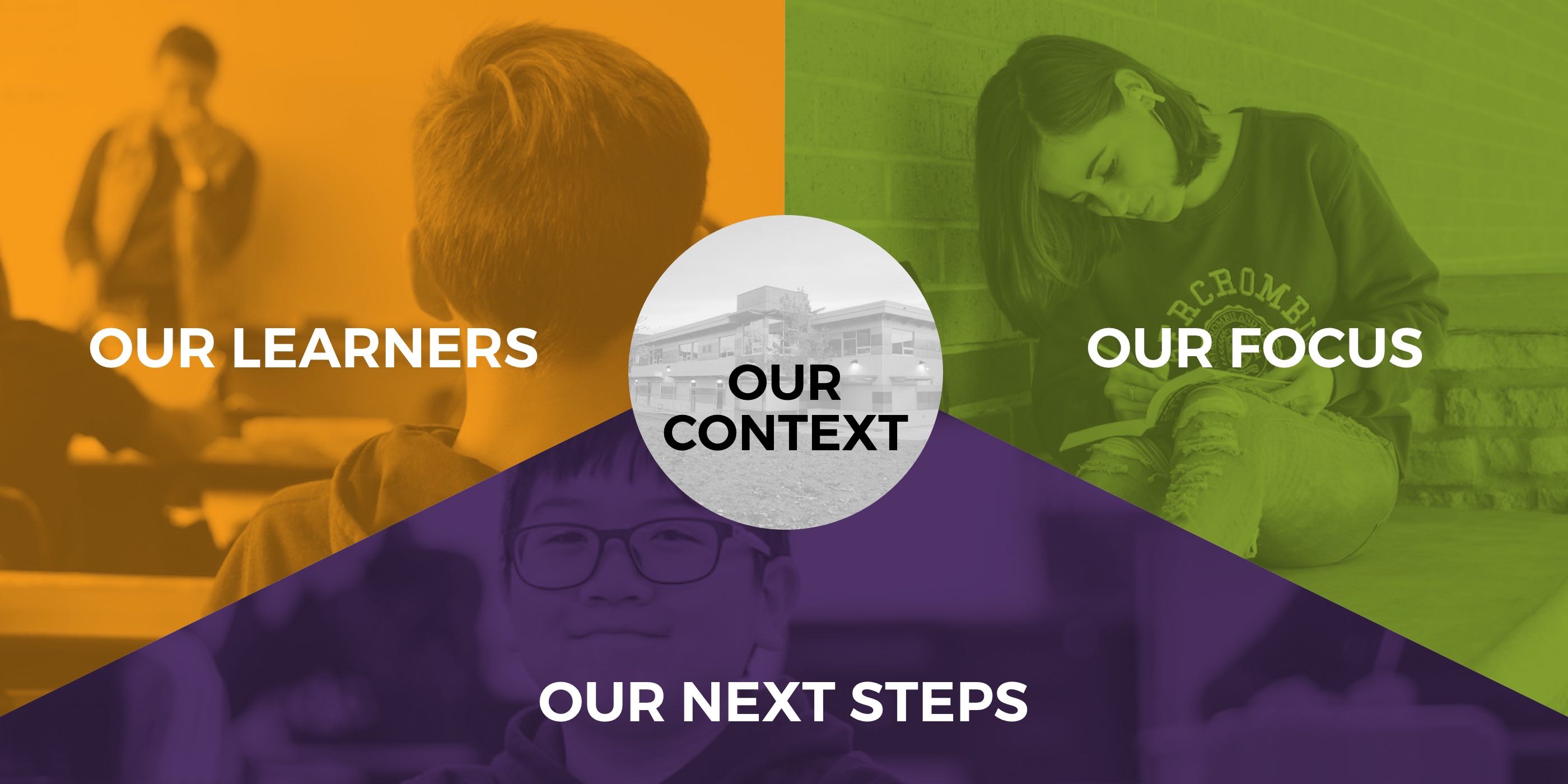Prince Charles Elementary 24-25


OUR CONTEXT
Prince Charles Elementary is a vibrant elementary school in North Surrey, BC. The school is situated on the traditional, unceded, ancestral territories of the Semiahmoo, Katzie, Kwantlen, and other Coast Salish peoples.
<<Welcome to Prince Charles Video>>
At Prince Charles, we strive to embody and instill the value of community service in our learners, emphasizing the significance of contributing to both our local surroundings and the broader society. We aim to cultivate an understanding among our students that being an integral part of a community entails nurturing ourselves, acting as stewards of the land, and caring for one another.
At Prince Charles, we use the acronym “CARE” which stands for “Care, Accountability, Respect, and Effort” as our school focus. These virtues are directly taught by classroom teachers and celebrated daily with individual and class “kotchas.” Throughout the year, we gather as a school, each of these virutues being the focus. Students present individually and as a class as to what these virtues mean to them.
<<Insert photo collage and accountability video.>>
Prince Charles is a diverse community, we celebrate our identity and individuality, embracing differences and connection. It is important that all learners feel a sense of belonging at Prince Charles. To support this in our learners, educators focus on social & emotional learning, equity, collaboration and mentorship. Our school staff, student leadership and PAC create an environment focused student engagement by planning opportunities to connect and have fun. We know that student who feel like they belong love being at school they feel connected, safe and happy.
<<<Insert community & student engagement photo collage & Diversity data on canval>>
OUR LEARNERS
At Prince Charles, it’s important for all learners to develop a love of reading, as motivation and engagement around foundational to reading. Our learners voluntarily participate in book clubs to connect through story. Learners engage actively as listeners, viewers, and readers to develop an understanding of self, identity and community.
<<Photo of book clubs>>> Video of love of reading grant? Graphic of reading development
Our learners are developing phonemic awareness and an understanding of phonics.
Phonemic awareness and phonics are two of the five components of reading development. Phonemic awareness focuses on recognizing and manipulating individual sounds (phonemes) while phonics emphasizes the connection between sound a written letters. Our early primary teachers and early literacy teacher collaborate using UFLI and Heggerty resources to develop these essential early literacy skills. The results of the ELPATs show our K-2 students in comparison to the district. When we look closer at the progress of K-2 indigenous students Prince Charles, the data demonstrates that our students are doing well in comparison to the district summary.
<<ELPATS graphics>> PC & Indigenous students.
Our learners are developing reading fluency.
Fluency in reading happens when a reader no longer needs to focus on decoding— the act of sounding out each set of letters to form whole words. It’s when reading can be done with ease, speed, and accurate expression. As students develop these fluency skills, they strengthen their reading comprehension skills and become better readers. Grade 6 & 7 teachers have been working on fluency.
<<ERIN & GIA>>
Our learners show awareness of how story in First Peoples cultures connects people to family and community.
Our learners demonstrate an understanding of how storytelling in First Peoples cultures serves as a vital link connecting individuals to their families, communities and the land. These oral stories, deeply rooted in tradition yet dynamically evolving with the times, manifest in various forms such as prose, song, dance, poetry, theatre, carvings, and pictures. They serve multiple purposes, each contributing to the rich tapestry of their culture. They are tools for teaching life lessons, community responsibilities, and rites of passage. They are vessels for sharing creation stories, recording personal, family, and community histories, and “mapping” the geography and resources of an area. These stories ensure cultural continuity by preserving knowledge of ancestors and language. They also play roles in healing and entertainment, further illustrating their multifaceted nature.
Our learners show awareness of how story in First Peoples cultures connects people to family and community.
Our learners demonstrate an understanding of First Peoples storytelling & traditions serve as a vital link connecting individuals to their families, communities and the land. Students took part in the First Peoples in Residence, learning deeply rooted traditions that take various forms such as prose, song, games, dance, poetry, carvings, and pictures. These are tools for teaching life lessons, community responsibilities, rites of passage, recording personal, family, and community histories, and “mapping” the geography and resources of an area.
<< first peoples in residence photos>>
Indigenous students at Prince Charles have been connecting with indigenous students within our family of schools to share traditions, engage in land-based learning and to build relationships to support transition to high school
OUR FOCUS
Literacy is the ability to read, write, speak and listen in a way that lets us communicate effectively and make sense of the world. Literacy is essential for learning, personal development, and well-being. As a staff, we have focused on reading, engaging in professional development in the science of reading. The Science of Reading identifies five pillars of reading development: phonemic awareness, phonics, vocabulary, fluency and comprehension.
<<Insert Science of Reading graphics>>
Primary teachers and our Early Learning teacher have focused on UFLI Foundations reading program throughout the year. Intermediate teachers have engaged in the district initiative, “Responding to Readers.” Early career teachers have also identified reading assessment and instruction as a goal moving forward.
This year, our Grade 1 teachers engaged in a professional development project around early literacy, building their knowledge of ________________ resources to support student learning. This is part of a multi-year project that will continue into next year.
<<Insert photos of resources>>
OUR NEXT STEPS
This will be data gathered at May 2025 Admin Day
Planning for September 2025 admin day.
Who:
Student Learning Plan working group
Leanne Crawford
Courtney Jones
Stacey Joyce
